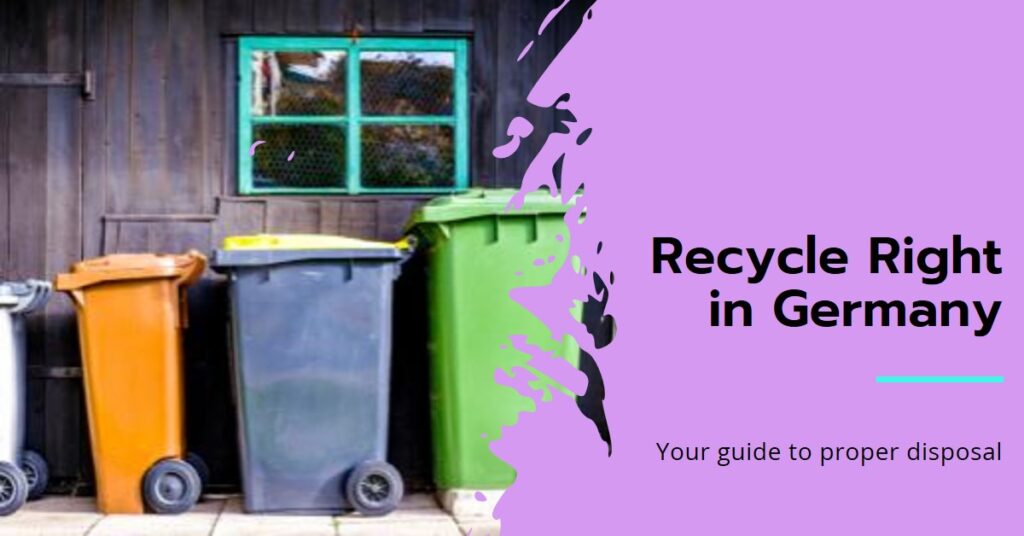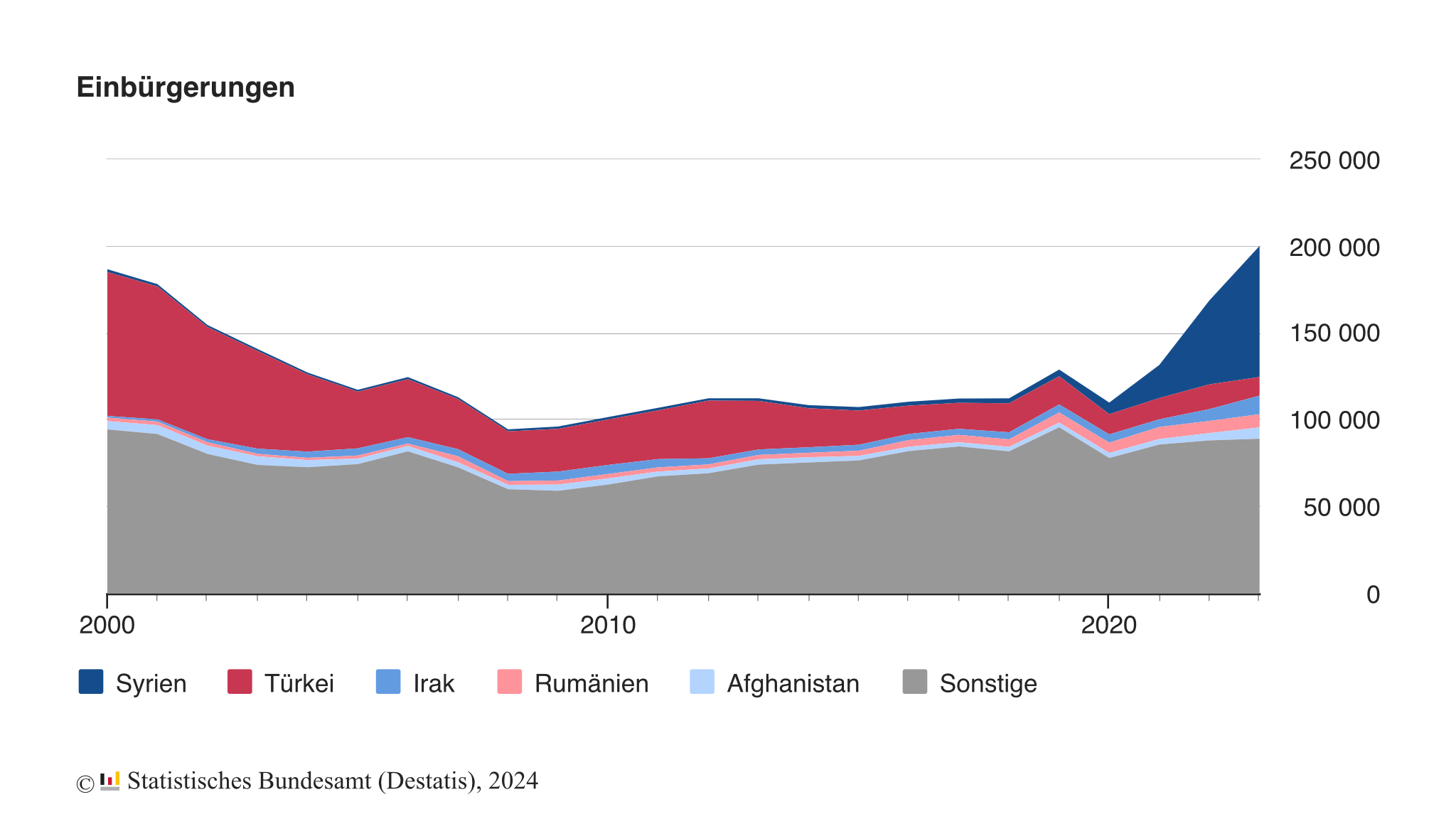
Are you overwhelmed by Germany’s recycling system?
Moving to or living in Germany comes with its unique set of cultural adjustments, and one of the most significant is understanding the country’s meticulous recycling system. Unlike many places where a single bin suffices, Germany requires careful sorting and disposal of waste. Let’s embark on a journey to demystify this process and ensure you’re contributing to a sustainable environment.
Where does plastic go? The Yellow Bin Explained.
In Germany, plastic waste finds its home in the “Gelbe Tonne” (yellow bin). However, simply tossing items in isn’t enough. It’s crucial to clean plastic containers before disposal to facilitate the recycling process. Remember, the bin itself might be black, but the yellow lid signifies its purpose.
What about cardboard and paper? Sorting the Blues.
Cardboard and paper are sorted into blue bins, labeled “Altpapier” (old paper). There are nuances here: everyday cardboard items like egg cartons go into these bins. However, larger boxes, particularly from online retailers like Amazon, require a different approach. Flattening boxes is essential to maximize space and respect your neighbors.
How do I handle bottles and glass? The “Pfand” System and Beyond.
Germany’s bottle recycling system, known as “Pfand,” can be both rewarding and confusing. Some bottles, marked with the “Pfandflasche” label or a specific recycling symbol, are returnable for a deposit. These can be returned at supermarkets or “Trinkhallen” (drink shops). For other glass items, like jars and non-returnable bottles, you’ll need to sort them by color into designated glass containers: white, green, and brown. Remember, glass disposal should be done on weekdays or Saturdays, avoiding Sundays due to noise regulations.
What to do with electronics and batteries? Responsible Disposal.
Electronics and batteries require special handling. Old batteries can be returned to stores like DM or larger electronics retailers such as Media Markt or Saturn. For larger electronic items like old TVs or printers, these should be taken to electronics stores, or during a “Sperrmüll” collection.
Where does general waste go? The Black Bin and Beyond.
General household waste, or “Restmüll,” goes into black bins. Some areas may also have green or brown bins, known as “Biotonnen,” for biodegradable waste like food scraps and banana peels.
How do I dispose of bulky items? Understanding “Sperrmüll.”
For bulky items like mattresses or furniture, Germany has a system called “Sperrmüll.” This involves scheduling a collection through your local waste management company. On the designated day, residents place their large items on the curb for pickup. Interestingly, some people scavenge these items, finding treasures in others’ discarded goods.
What about special items like paint and Christmas trees? Seasonal Disposal.
Paint cans should be returned to “Baumärkte” (home improvement stores) like Obi or Bauhaus. Christmas trees are collected in early January by local waste management companies, with specific dates available on their websites or calendars.
Why is proper disposal important?
Adhering to Germany’s recycling guidelines is crucial for environmental sustainability and community harmony. Proper sorting ensures that materials are recycled efficiently, reducing waste and conserving resources.
A Final Note:
Recycling in Germany might seem complex, but it’s a vital part of the country’s commitment to environmental stewardship. By understanding and following these guidelines, you’re contributing to a cleaner, more sustainable future.
Positive Note:
By following these simple guidelines, you can make a significant positive impact on the environment. Remember, every little action counts towards a more sustainable future.


